Researchers at the Centre for Genomic Regulation and Vall d'Hebron Institute of Oncology have shown that the simultaneous inhibition of two different proteins may represent a new strategy for tackling triple-negative breast cancer, the most aggressive and drug-resistant form of breast cancer.
Reviewed by Lily Ramsey, LLMNov 8 2023 The findings are published today in the journal EMBO Molecular Medicine.
The enzyme LOXL2 has recently been shown to drive the growth of triple-negative breast cancer. A team led by Dr. Sara Sdelci at the Centre for Genomic Regulation and Dr. Sandra Peiró, together with researchers in the Upper GI Cancer Translational Research Group at the Vall d'Hebron Institute of Oncology, carried out various analyses to assess the enzyme's suitability as a biomarker that can predict treatment outcome.
Our deep dive into how triple-negative breast cancer cells grow at the molecular level have revealed a new mechanism which can be exploited for treatment purposes. It is exciting because a double strike strategy that targets both proteins could be combined with other treatments and transform triple-negative breast cancer from a disease with a very poor prognosis into one that is manageable."
United States Latest News, United States Headlines
Similar News:You can also read news stories similar to this one that we have collected from other news sources.
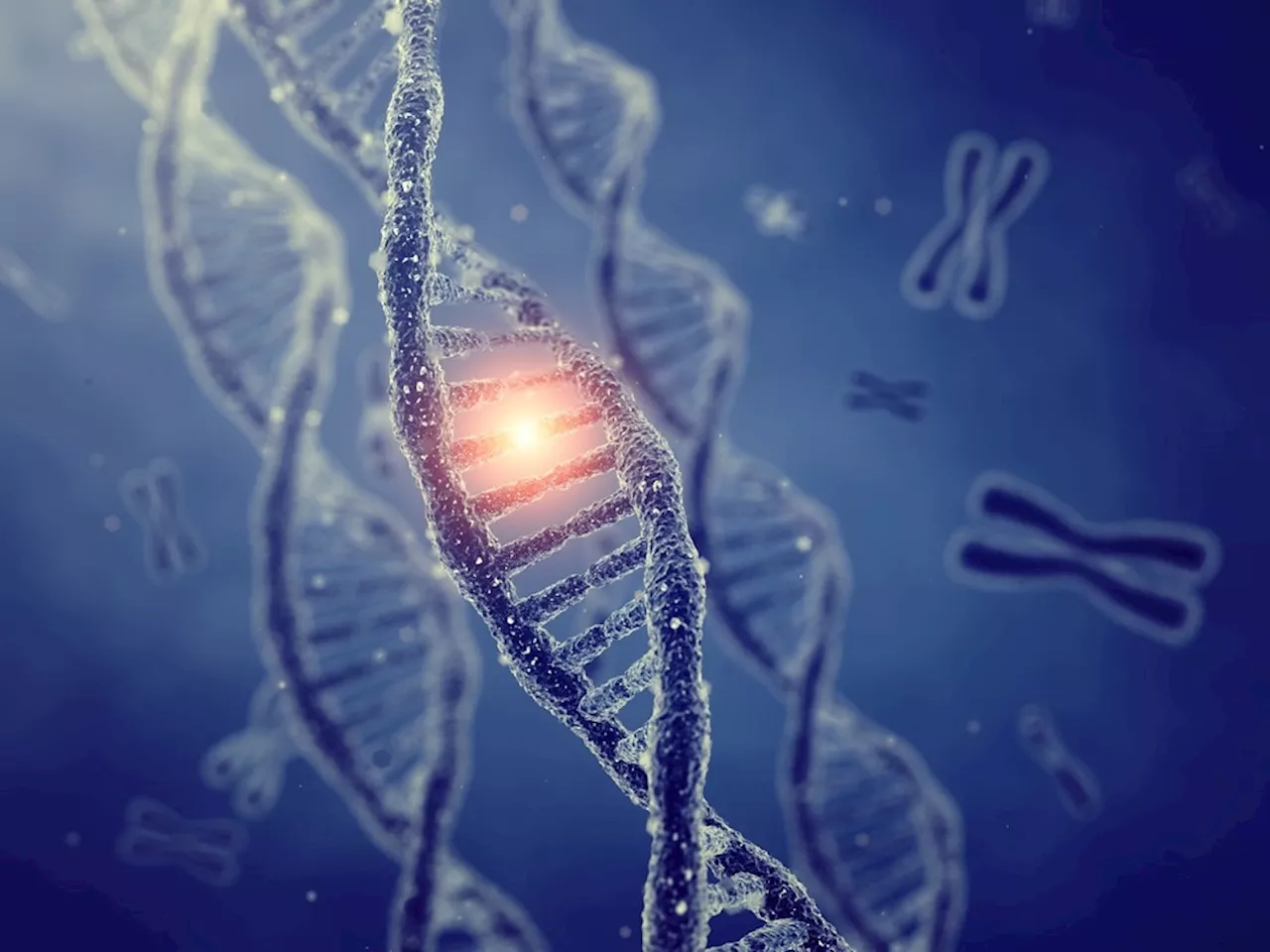 AI-Powered Genomic Analysis: Revolutionizing the Detection of Genetic MutationsBy leveraging AI capabilities, scientists can rapidly and accurately analyze vast amounts of data. This innovative technology facilitates the detection of mutations, leading to personalized medicine and targeted treatments.
AI-Powered Genomic Analysis: Revolutionizing the Detection of Genetic MutationsBy leveraging AI capabilities, scientists can rapidly and accurately analyze vast amounts of data. This innovative technology facilitates the detection of mutations, leading to personalized medicine and targeted treatments.
Read more »
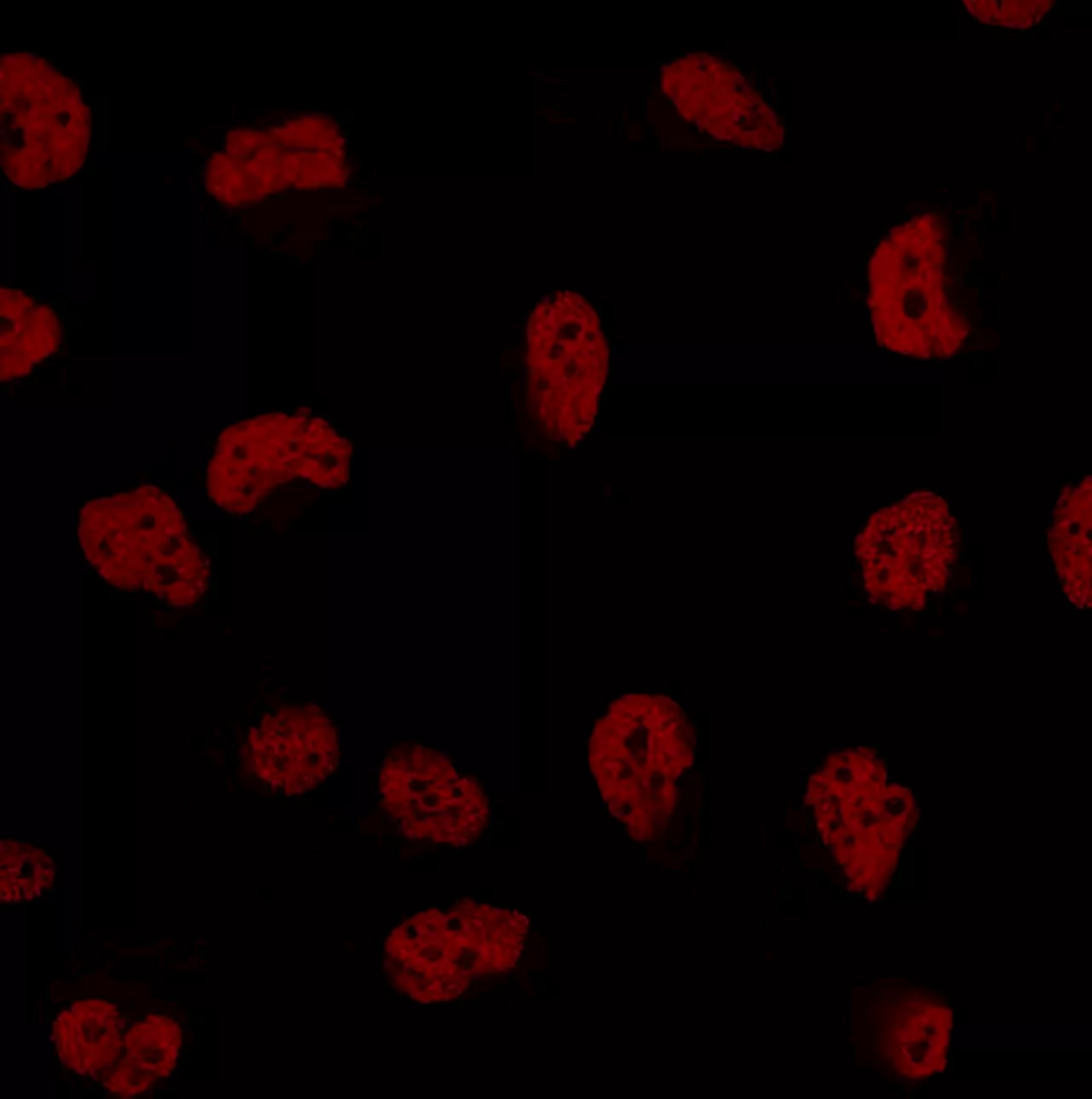 'Double strike' strategy slows growth of drug-resistant breast cancer, study showsResearchers at the Center for Genomic Regulation and Vall d'Hebron Institute of Oncology have shown that the simultaneous inhibition of two different proteins may represent a new strategy for tackling triple-negative breast cancer, the most aggressive and drug-resistant form of breast cancer.
'Double strike' strategy slows growth of drug-resistant breast cancer, study showsResearchers at the Center for Genomic Regulation and Vall d'Hebron Institute of Oncology have shown that the simultaneous inhibition of two different proteins may represent a new strategy for tackling triple-negative breast cancer, the most aggressive and drug-resistant form of breast cancer.
Read more »
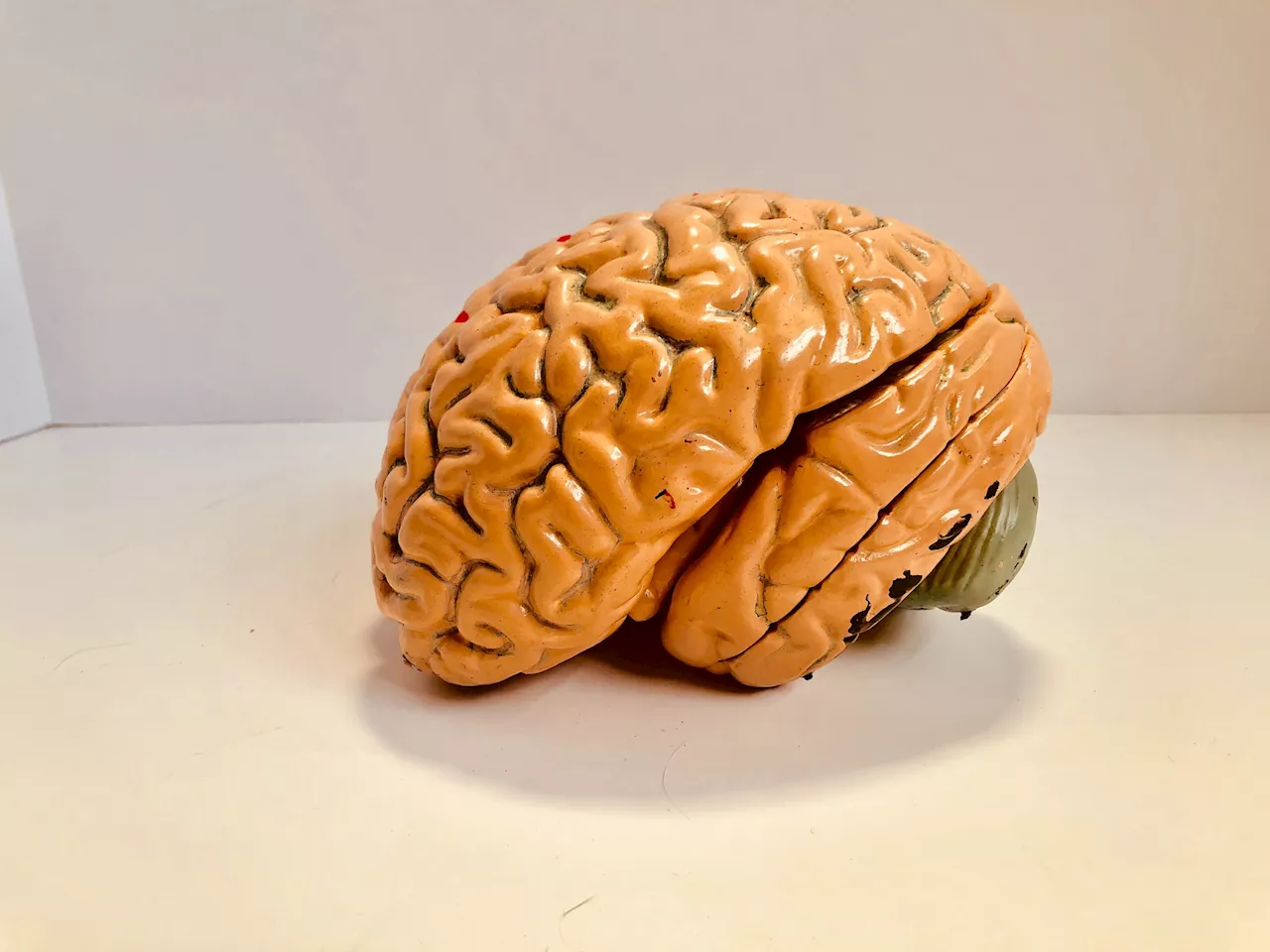 Researchers highlight benefits of sharing human brain dataIn recent years, the scientific community has seen a push for more findable, accessible, interoperable, and reusable (FAIR) neurophysiology data sharing.
Researchers highlight benefits of sharing human brain dataIn recent years, the scientific community has seen a push for more findable, accessible, interoperable, and reusable (FAIR) neurophysiology data sharing.
Read more »
 Researchers track global smartphone addiction patterns in largest-ever studyAre you addicted to your smartphone? So is most of the world, it seems, based on new research from the University of Toronto. A team of researchers including U of T Mississauga postdoctoral fellow Jay Olson and U of T Scarborough Ph.D. student Dasha Sandra have collected the largest set of data in any study regarding problematic smartphone use.
Researchers track global smartphone addiction patterns in largest-ever studyAre you addicted to your smartphone? So is most of the world, it seems, based on new research from the University of Toronto. A team of researchers including U of T Mississauga postdoctoral fellow Jay Olson and U of T Scarborough Ph.D. student Dasha Sandra have collected the largest set of data in any study regarding problematic smartphone use.
Read more »
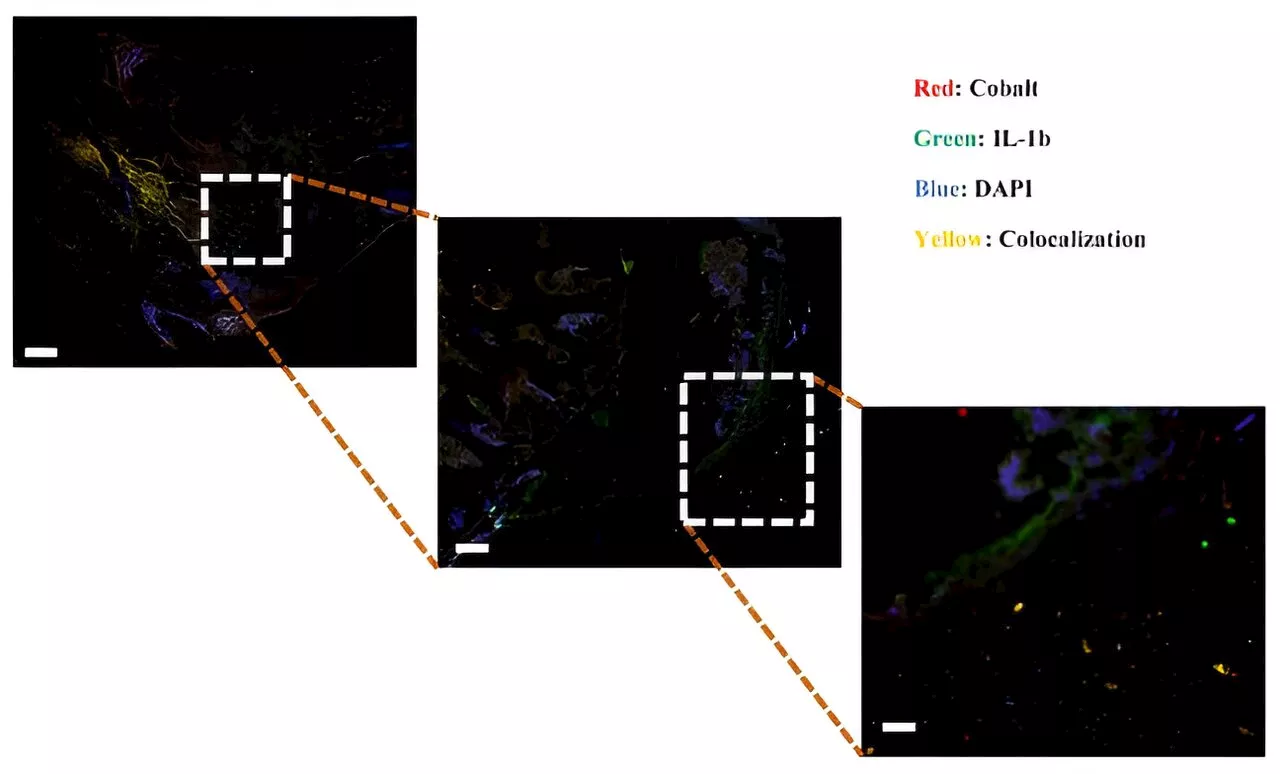 Researchers heal heavy metal poisoning from implantsCobalt was widely used for hip and knee joint replacements until cases of heavy metal poisoning appeared. Now, researchers from the University of Connecticut School of Medicine and Carnegie Mellon report a way to protect people with these implants from cobalt toxicity.
Researchers heal heavy metal poisoning from implantsCobalt was widely used for hip and knee joint replacements until cases of heavy metal poisoning appeared. Now, researchers from the University of Connecticut School of Medicine and Carnegie Mellon report a way to protect people with these implants from cobalt toxicity.
Read more »
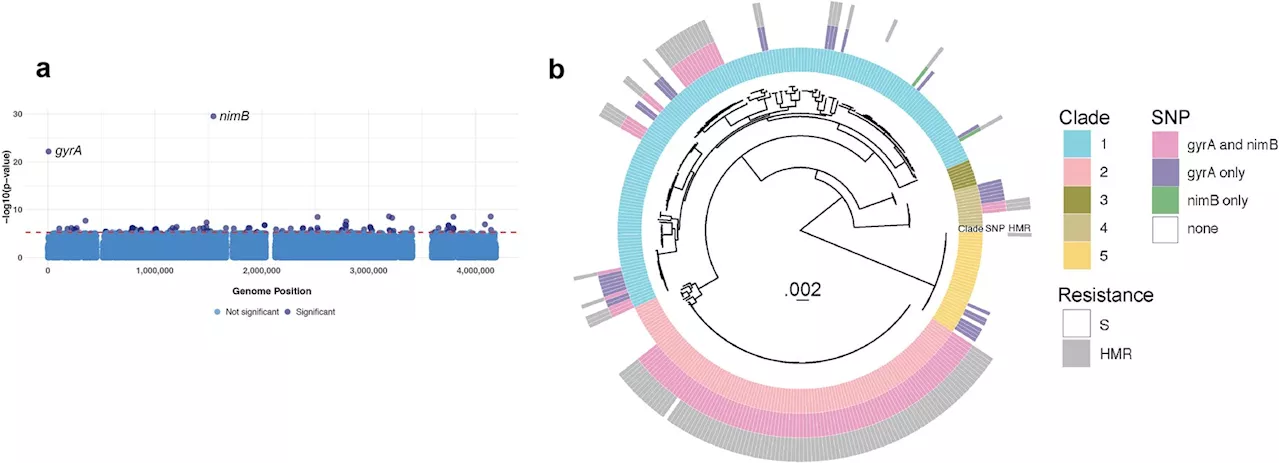 Researchers solve mystery behind antibiotic-resistant C. difficile infectionResearchers at the Texas A&M University Health Science Center (Texas A&M Health) have uncovered why C. diff (also known as Clostridioides difficile or C. difficile) infection has developed resistance to the antibiotic metronidazole.
Researchers solve mystery behind antibiotic-resistant C. difficile infectionResearchers at the Texas A&M University Health Science Center (Texas A&M Health) have uncovered why C. diff (also known as Clostridioides difficile or C. difficile) infection has developed resistance to the antibiotic metronidazole.
Read more »
